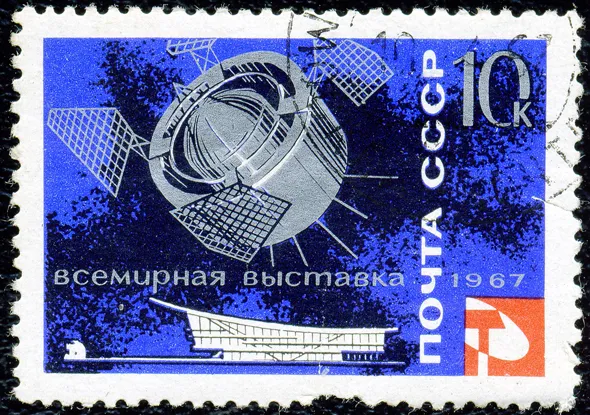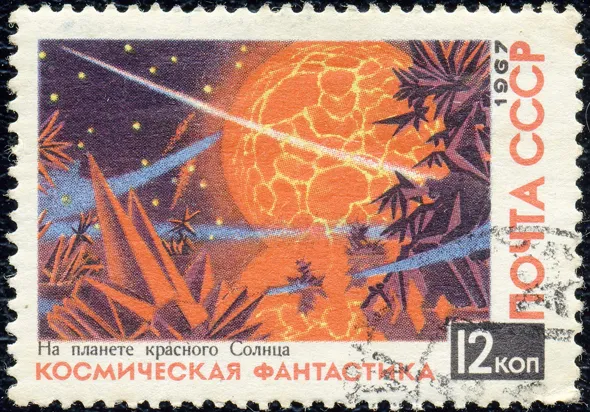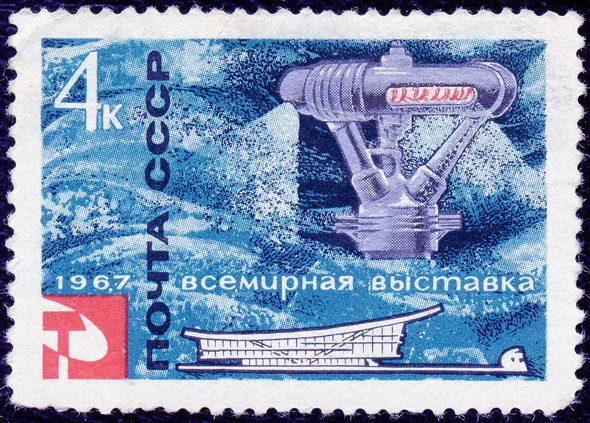In this course we will read a selection of the best science fiction from Russia and East Europe with attention to its cultural, historical, and literary context and its literary and philosophical quality. Course assignments will combine written papers (or equivalent web development), projects driven by students' interests, and written examinations. Students will have opportunities for individual or group work. Anyone who knows Czech, Polish, Russian or Serbian is welcome to read (at least some works) in the original. The goals of the course are to explore the nature of science fiction, to learn about the particular nature of Russian and East European science fiction (and become more informed about its historical and cultural context), and to read a lot of excellent, thought-provoking literature.
This online syllabus will be updated regularly during the semester. Please refer to it regularly for changes, additional readings, information on writers, questions for reading, et cetera.
Concurrent with this course, depending on student interest, we may show a film or two related to Russian and East European science fiction, and you're welcome to refer to films (these or others) in your work for this course, as well as to video games and other new genres in which SF has had an impact. Keep an eye out for posters.
Russian and East European Science Fiction
Russian and East European Science Fiction
Department Overview
Big Issues in Reading Science Fiction
It's typical of a literary genre that as it develops it takes on a certain set of issues: partly because of the usual traits of the genre (for example, the possibilities for defamiliarization that science fiction allows and exploits), and partly because writers, reading in the genres they practice and prefer, are inspired to respond to the issues earlier authors in the genre have raised. Science fiction authors continue to engage the arguments and concerns of the classics everyone reads (for Russian SF writers, Dostoevsky especially), but the genre begins to demand that they address certain common issues. Čapek and Zamiatin become expecially important after the Second World War.






